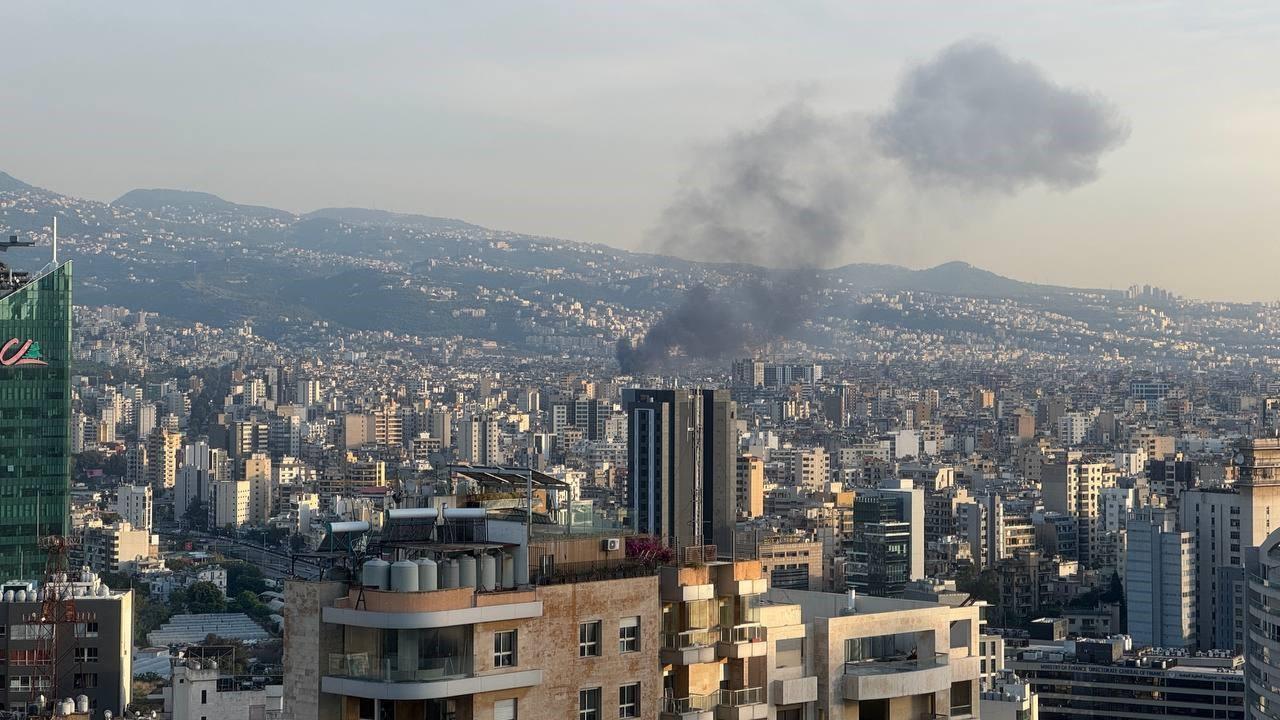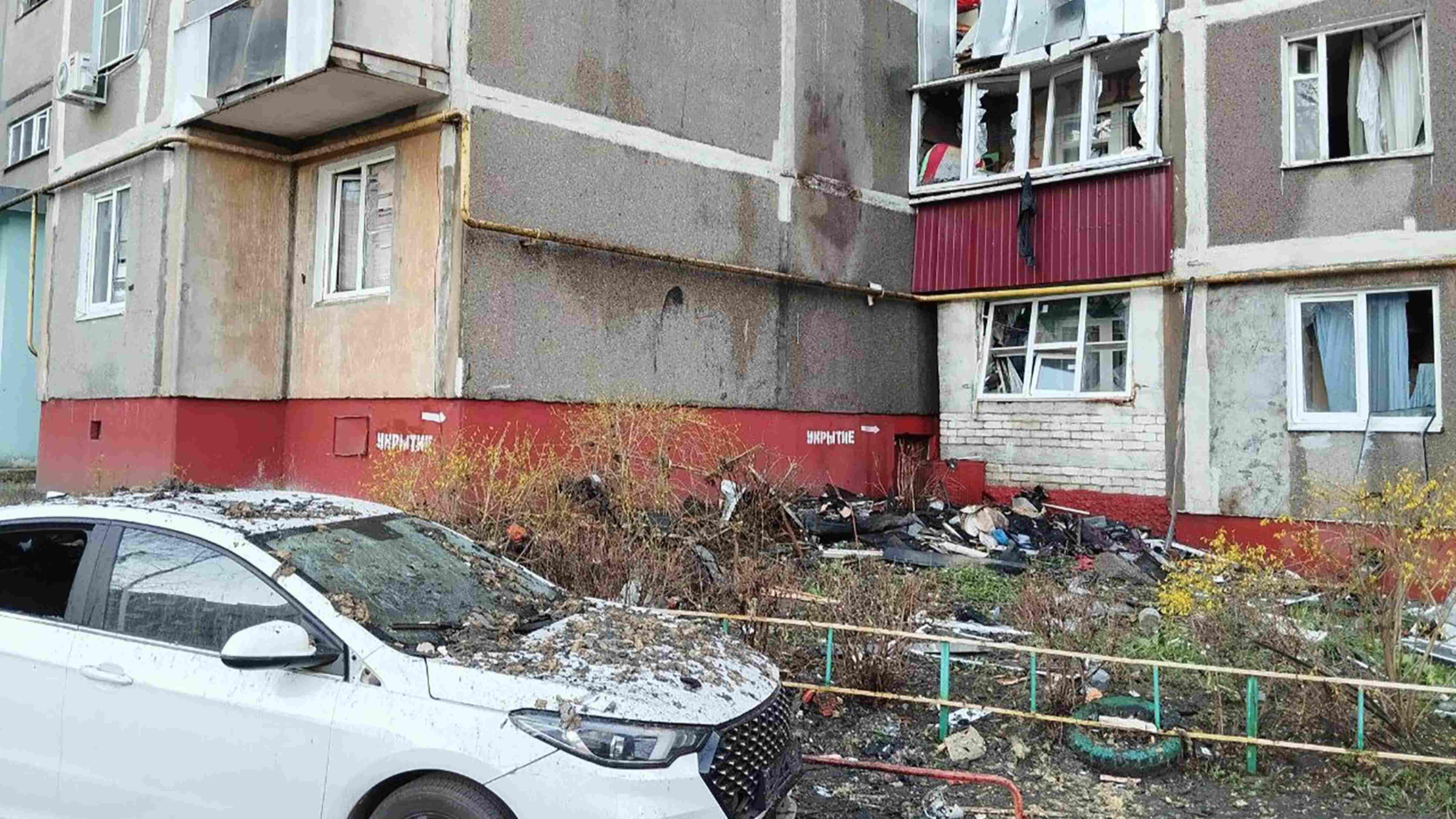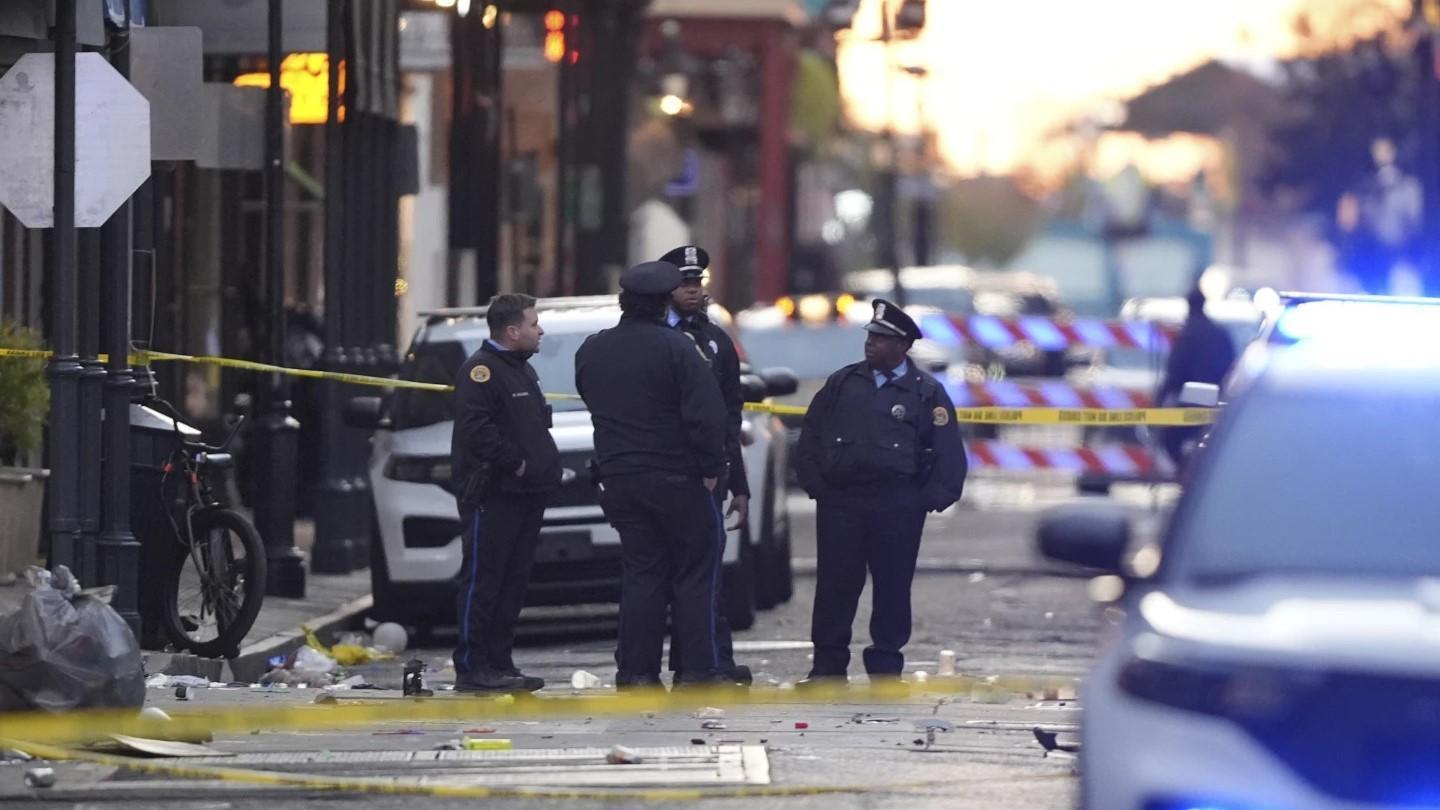Europe losing leverage on Turkey
Like the town fool who thinks he is a traffic policeman, gesturing at passing cars that do not take him seriously as he has no real authority, the EU is losing its remaining political leverage on Turkey. That leverage has been fading for some time anyway.
The most recent example of this fading was the warning made by European Parliament President Martin Schulz over the weekend that if the Turkish government does not step back from plans to reinstate the death penalty, Brussels will reevaluate Turkey’s membership application and could impose sanctions.
The first answer came immediately on Nov. 13 from Foreign Minister Mevlüt Çavuşoğlu. “Go ahead. But if you have the power to do anything then first you should stop the terrorist propaganda in your parliament building and warn EU countries about harboring terrorists,” Çavuşoğlu said, referring to Ankara’s condemnation of a number of events supported by the outlawed Kurdistan Workers’ Party (PKK) in the European Parliament, the Council of Europe, and around the EU Commission in Brussels. A court in Belgium also recently ruled that the deadly actions of the PKK, officially acknowledged as a terrorist organization by the EU, were “not acts of terror,” as the PKK has chosen “armed struggle” as a method. Indeed, more than 40,000 people have been killed in the PKK’s armed campaign against the Turkish government since 1984.
President Tayyip Erdoğan raised the bar of criticism further in a speech on Nov. 14 in Ankara. “What if you are just entirely made up of sanctions,” he said. “This nation is not going to ask you about what it should do. If you want to re-evaluate Turkey’s membership application, do it quickly and tell us the outcome. You are the host, so don’t expect us to withdraw our case.”
Last week, the government rejected the annual EU progress report on Turkey, which contained a large amount of criticism about the state of the country’s media and judiciary, especially after the bloody military coup attempt on July 15. Erdoğan said in the same speech that the EU should be “ashamed” of its “lack of sufficient support” for the Turkish people, who resisted and defied the coup attempt.
His remarks came one day before German Foreign Minister Frank-Walter Steinmeier’s visit to Ankara on Nov. 15. Çavuşoğlu last week confirmed press reports that he had not answered two telephone calls by Steinmeier. He said he wanted Germany to change its attitude regarding both the PKK and the secretive network of U.S.-based Islamist preacher Fethullah Gülen, who is accused of being behind Turkey’s coup attempt both by the government and the opposition.
Previously, warnings from the EU could be expected to have a certain impact on decision-making in Ankara. There are countless examples of that in the past. But over the last 10 years the EU has started to lose its political leverage, constantly showing the stick with no carrot in sight.
In particular, unkept promises by the EU over the 2004 Cyprus deal, as well as its changing of the rules during the game by deciding to open chapters one by one - instead of negotiating them as a whole as in the case of former candidates - mean that very few chapters have been opened so far. The critical chapters 23 and 24 concerning judicial independence and rights and freedoms, have not been opened because of a Greek Cypriot veto on them.
That is why the social democratic main opposition Republican People’s Party (CHP), for example, is also criticizing the EU over its apparent lack of democratic solidarity with the Turkish people beyond hollow rhetoric.
The CHP, which stood by the government against the coup attempt and stands by it against the wave of terrorism mainly sponsored by the PKK and the Islamic State of Iraq and the Levant (ISIL), has also been ringing alarm bells. It argues that President Erdoğan and the ruling Justice and Development Party (AK Parti) are using the post-coup sympathy in society to simply enhance their power and silence dissident voices. The CHP criticizes the government for trying to put pressure on the judiciary and the media, using decree laws within the framework of the state of emergency imposed after the defeated coup attempt.
There is another key threshold in relations between Turkey and the EU: The refugee deal. A deal was signed in March 2016 regarding control over the flow of refugees into the EU triggered by the civil war in Syria in return for introducing visa flexibilities for Turkish citizens within Schengen state countries.
Since the deal was signed, the coup attempt took place and a lot of other factors have changed. Turkey says it cannot change its anti-terror law, the last remaining item on the to-do list for the visa deal, because of the state of emergency in a country still suffering the trauma of a coup attempt and subject to constant acts of terrorism. The terms of the deal expire at the end of 2016 and it has to be renewed. Perhaps that renewal is the last chance to save relations between Ankara and Brussels, with all their strategic dimensions.
“Wait until the end of the year,” Erdoğan said in his speech yesterday. “Then we can go and ask the people, just as the British did [in the Brexit referendum].”











